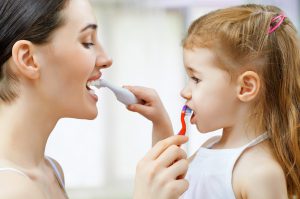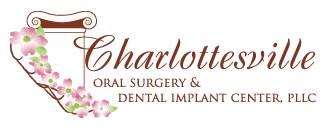06 Mar Keeping Your Toothbrush (and Mouth) Free of Harmful Bacteria
 Your toothbrush is a powerful tool for keeping your teeth and mouth clean. However, your toothbrush, like your mouth, can become a breeding ground for harmful bacteria. When bacteria begin to grow on a toothbrush it can be transferred to one’s mouth and could subsequently affect your dental health. Controlling oral bacteria is important for preventing common dental disease like infections and tooth decay. Following are helpful tips for keeping your toothbrush bacteria-free.
Your toothbrush is a powerful tool for keeping your teeth and mouth clean. However, your toothbrush, like your mouth, can become a breeding ground for harmful bacteria. When bacteria begin to grow on a toothbrush it can be transferred to one’s mouth and could subsequently affect your dental health. Controlling oral bacteria is important for preventing common dental disease like infections and tooth decay. Following are helpful tips for keeping your toothbrush bacteria-free.
Storing Your Toothbrush
When you’re not using your toothbrush, where and how you store it matters. To help keep the bristles of your brush dry, store your brush upright. A toothbrush holder is perfect for keeping your brush standing up straight so that water can pool away from the bristles. When a toothbrush stays wet, it creates an environment for bacteria to thrive. By storing your brush upright so that it can dry properly, you can eliminate excessive bacterial growth.
If possible, try to store your toothbrush away from your toilet. When we flush, particles can be released into the air that may reach your toothbrush. Either place your brush as far away from the toilet as possible or store it upright in a medicine cabinet or tall drawer. This will help protect the bristles from exposure to bacteria emitted from flushing the toilet after it has been used.
Rinsing Your Toothbrush
After you brush your teeth, be sure to rinse your toothbrush with warm water. As you rinse the bristles, use your thumb to gently work the warm water through them. This will help wash away debris from your mouth and leftover toothpaste that might have accumulated on your toothbrush.
Replacing Toothbrushes
You should replace the brush or brush heads if you use an electronic toothbrush every three months. Sometimes, you might need to replace the brush or brush head sooner than three months if the bristles begin to fray. Replacing your brush is important because an old brush or brush head accumulates bacteria. Moreover, old bristles that have frayed do not clean teeth as well as a new brush.
